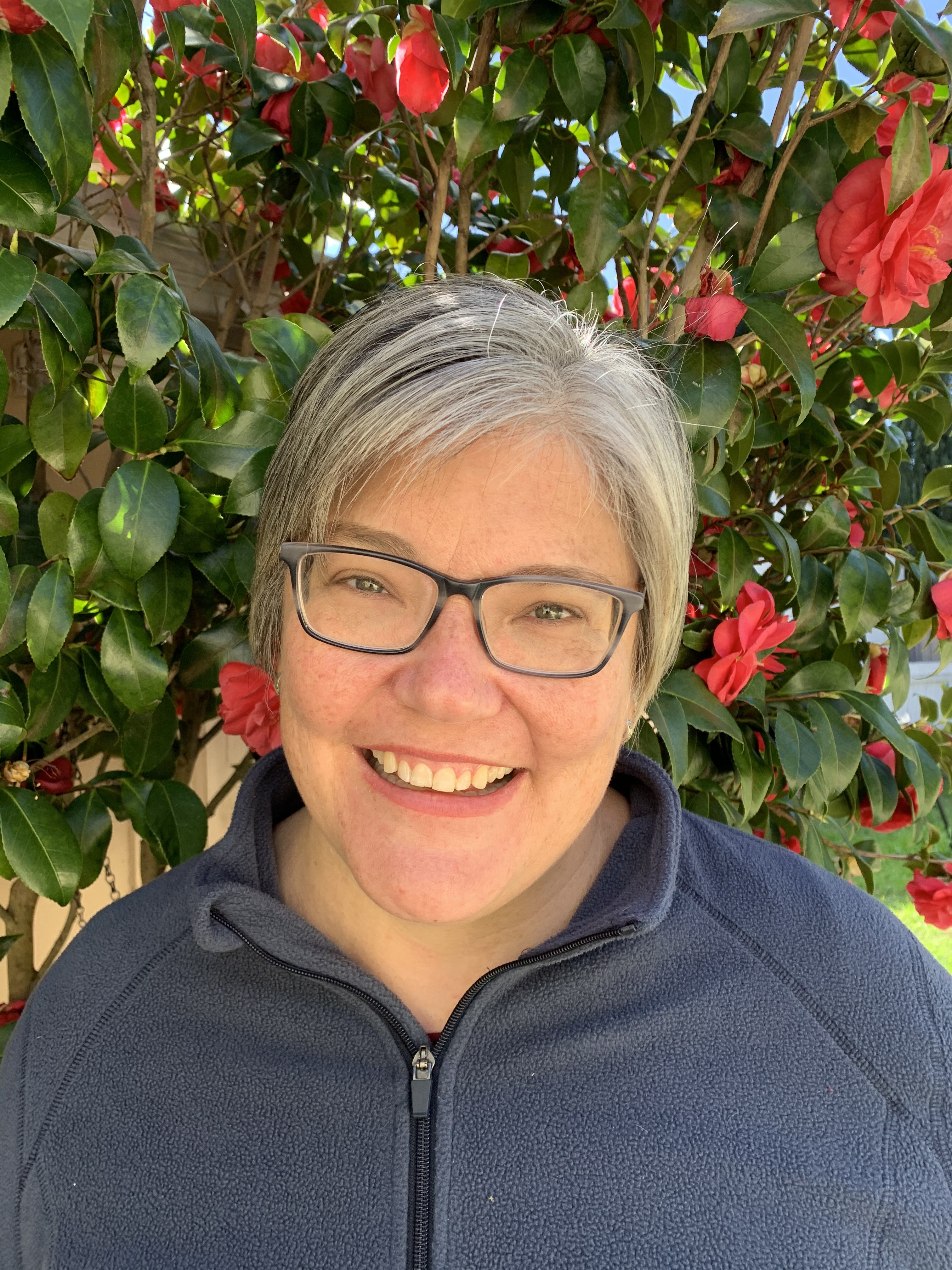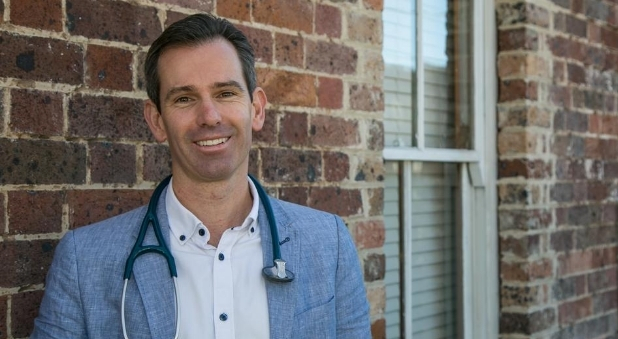While most parishes are now running face-to-face services, a lack of a few familiar faces tells us that attending in person is still a bridge too far for some.
Ministry staff in any parish can tell you about members who aren’t willing to return until the service is “normal” – read, pre-COVID. There are also some who don’t get out the door on Sunday because they’ve become so comfortable watching from home.
Yet those of us who are at church need to be very careful not to make assumptions about the brothers and sisters who aren’t with us, as there are many other reasons why they might not be in their usual pew.
For Georgina Barratt-See – a member of Ashbury parish – a bout of glandular fever in 2018 left her with debilitating chronic fatigue. While she has gradually returned to full-time university work, managing her lower energy levels and the need for regular rest is an ongoing balancing act.
“I’ve been at home since the 17th of March,” she says. “Once they started talking about COVID at work, I left a week before everyone else… to work from home. We have a lot of international students in my office, so it was a high-risk area at the time.

“Some of the long-term effects for people who get COVID are exactly what I have,” she adds. “Twenty-five per cent of people with chronic fatigue are bed-bound, [so] if I get sick I’m worried that I’ll end up in bed all the time, not be able to work, not be able to pay my mortgage and my life will just collapse.”
When asked if she was staying at home because of anxiety or her compromised immune system, Miss Barratt-See immediately says, “Both! I went to the supermarket a few days ago, and it was the first time I’d done that in four weeks.
“I go once a week to my friend’s place for dinner… and I have managed a careful weekend brunch occasionally… but really, I’m scared of getting sicker. And also, it’s sensible. As much as I would love to see people and be physically at church, the reality is I have to be sensible. There isn’t an alternative.”
“As much as I would love to see people and be physically at church, the reality is I have to be sensible.”
When others are at risk
For Dr Stuart Perry, it’s a no-brainer to avoid church in person for the foreseeable future. This decision also includes his wife Tracee, who is manager of the general practice in Bowral where he works.
He finds it “absolutely” frustrating that he and his family can’t attend church in person but says, “as a solo GP I feel a sense of responsibility that I’m not putting my patients at risk by getting unwell… and then not being able to serve them and care for them when I need to”.
This means life right now basically consists of being at work, then at home. The couple also doesn’t go to Bible study for the same safety reason, and the family watches church from home. Dr Perry says it’s become a struggle to keep church as central and important to their family as it would be if they attended in person.
“That’s a real drawback,” he says. “In the first couple of months you felt a bit more optimistic that this would be a short-run affair before we came back together to worship in body and spirit, but that doesn’t seem to be the case.”
He asks people to pray that they would have the strength to do the job they need to, as well as the faithfulness to cling to Jesus. “We need to lean into God at this time – to remember that he is faithful, and we need him.”
Another part-time health worker whose parish is in the South Sydney region describes herself as “too informed about COVID and its spread” to feel comfortable in most public situations – whether that be shopping, going out with friends, or going to church.
She still connects online with church and Bible study and has cautiously returned to work, where she can see tremendous efforts have been made to keep staff and patients safe. Yet she believes most people in society – particularly those over 60 like herself – need better risk management strategies.
“I read too much and scared myself,” she says with a laugh. “My church is complying with all the health [department] and diocesan guidelines, but it’s still a personal evaluation of the risks one wants to take.”
“I haven’t felt depressed or down or anything. I’ve been talking to so many people.”
Serving from home
Out at Windsor, Merryne Ghantous might not be able to go to church (her medication has left her with no immune system) but that doesn’t mean she isn’t involved.
Sure, she’s not physically in the building on a Sunday, but she’s on parish council and, as “a talker”, was approached by rector the Rev Chris Jones to keep in phone contact with some of the elderly people in the parish. There are a dozen people on her list, but she rings others, too.
“There are some people on their own and I thought immediately, ‘They’ll be lonely, they’ll be fearful, it will be a difficult time for them’,” Mrs Ghantous says. “But my expectations just completely went out the window because all the people I was ringing – some of them in their 90s – were so positive and happy.
“If they do have a difficulty, I know who to ring to help fix it. And they’re always happy to have me call. Each time I ask if they would like a prayer and most of them say, ‘Yes, please’.”
Despite her positive outlook, Mrs Ghantous admits to getting a little “stirred up” occasionally. At those times she gets into God’s word, goes for a drive or takes a walk – and for the latter chooses a place where she knows there will be few or no people. Her husband Bassam does the shopping, and she’s also been able to keep in touch with grandchildren online, “so I’ve really got nothing to whinge about!
“I haven’t felt depressed or down or anything,” she adds. “I’ve been talking to so many people, and I get as much from it as they do because they’re really so positive… I also feel I’m not letting Chris down by not being there [on Sundays].”























